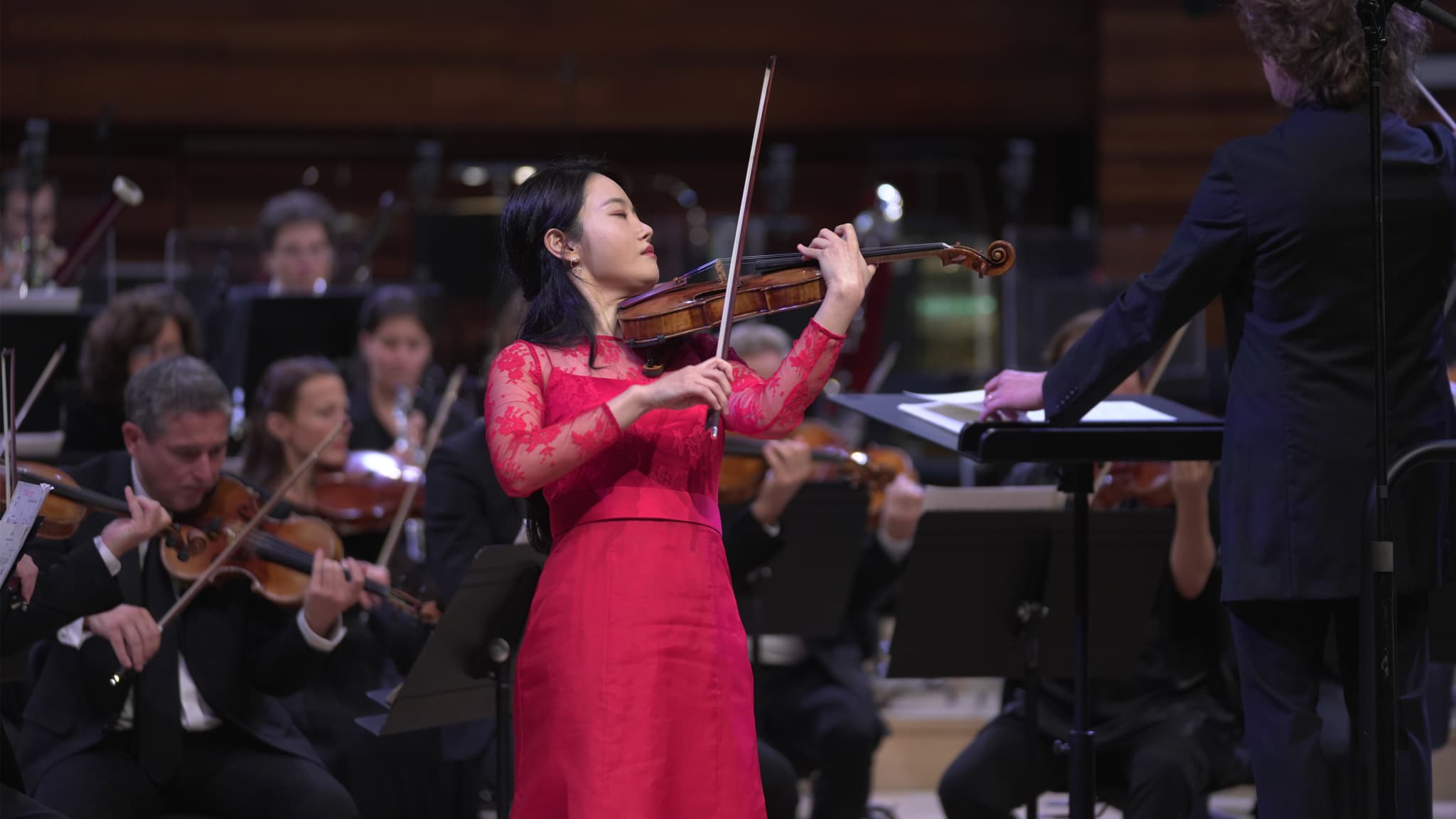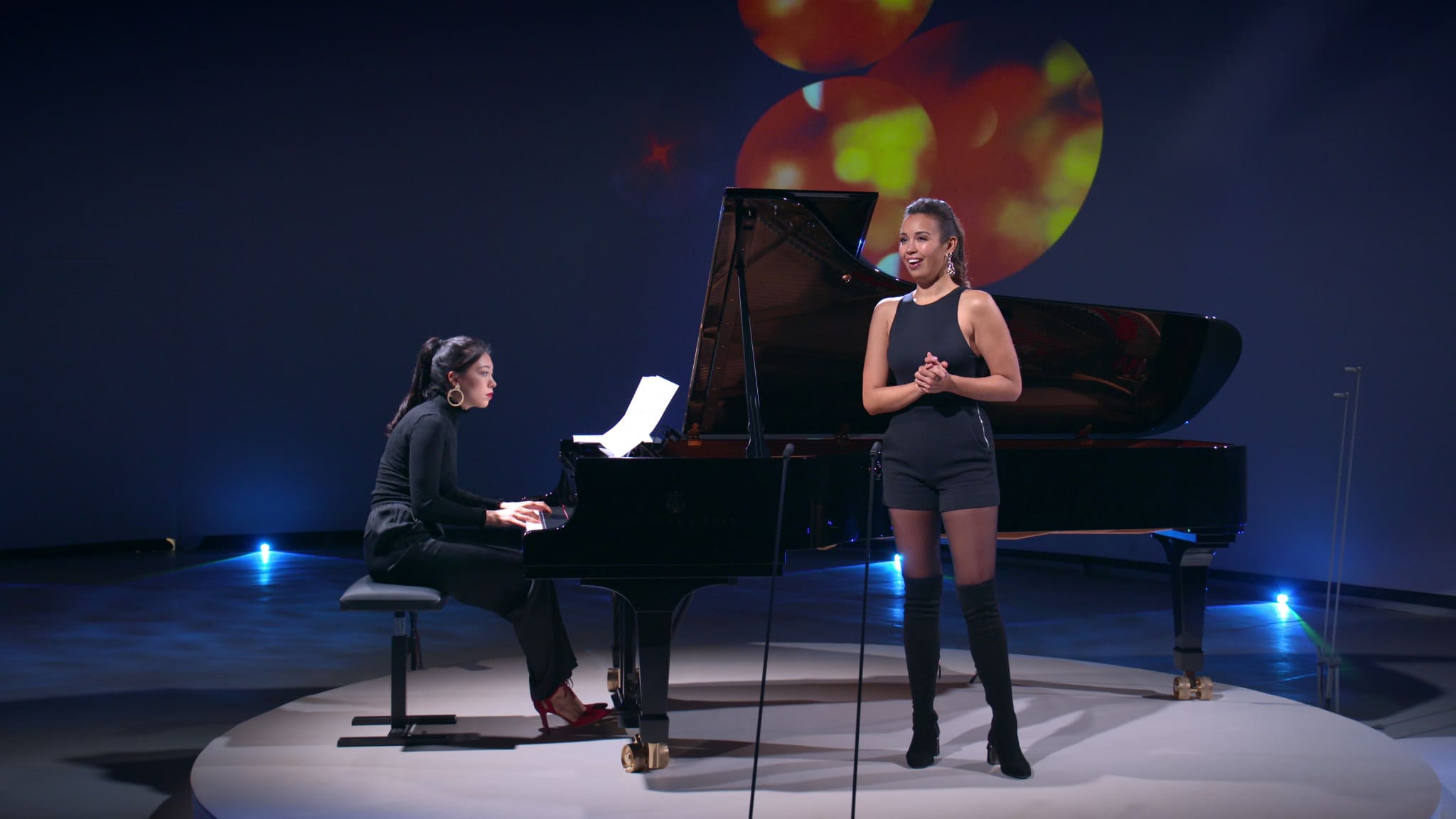Grażyna Bacewicz: Eine bahnbrechende Komponistin und Violinenvirtuosin
Grażyna Bacewicz (1909–1969) war eine wegweisende polnische Komponistin, Violinvirtuosin und Pianistin. Geboren in Łódź, ebnete Bacewicz einen bemerkenswerten Weg in der klassischen Musik des 20. Jahrhunderts, geprägt von ausgeprägter Individualität, Widerstandskraft und einem unbeirrbaren schöpferischen Geist. Ihre einzigartige musikalische Laufbahn und ihr bedeutender Beitrag zu Bühne, Film, Rundfunk und Konzertsaal haben der Welt der klassischen Musik einen unauslöschlichen Stempel aufgedrückt.
Ausbildung und frühe Karriere
Bacewicz begann im zarten Alter von 13 Jahren zu komponieren und beherrschte sowohl Violine als auch Klavier am Warschauer Konservatorium. Ihre musikalische Ausbildung setzte sie in Paris bei der legendären Nadia Boulanger fort, die Bacewicz‘ angeborenes Talent sehr schätzte. 1936 wurde Bacewicz Konzertmeisterin des Polnischen Rundfunkorchesters unter Grzegorz Fitelberg. Diese Position ermöglichte es ihr, eigene Werke aufzuführen und uraufzuführen und verschaffte ihr frühzeitig Anerkennung als Komponistin und Interpretin zugleich.
Durchhaltevermögen im Krieg und Nachkriegserfolge
Während des Zweiten Weltkriegs blieb Bacewicz in Warschau, trat bei geheimen Konzerten auf und komponierte weiter, trotz der Bedrohung durch die deutsche Besatzung. Nach dem Krieg wurde sie Professorin am Warschauer Konservatorium. Ein schwerer Autounfall im Jahr 1954 führte dazu, dass Bacewicz sich ausschließlich auf das Komponieren konzentrierte. Trotz politischer Zensur im kommunistischen Polen wuchs Bacewicz’ Ansehen national wie international weiter: Ihre Werke wurden regelmäßig aufgeführt und erhielten zahlreiche Aufträge und Auszeichnungen.








